Tax-Saving Strategies for Small Businesses
Gain actionable insights into tax planning, tailored for small business success.
When: May 1st 2024
Time: 12:30 pm
Gain actionable insights into tax planning, tailored for small business success.
When: May 1st 2024
Time: 12:30 pm
Ideal for Startups who are thinking of setting up a business in Ireland or started up within the last 18 months.
When: May 15th 2024
Time: 10:30 am
Free, live introduction to Xero accounting software and the benefits of taking your accounts online.
When: May 22nd 2024
Time: 10:30 am
 53 Min.
53 Min.
Learn about HR legislation changes and we provide practical HR advice for business owners.
Watch Now 60 Min.
60 Min.
Understand funding options in-depth and gain practical knowledge to prepare your business for funding.
Watch Now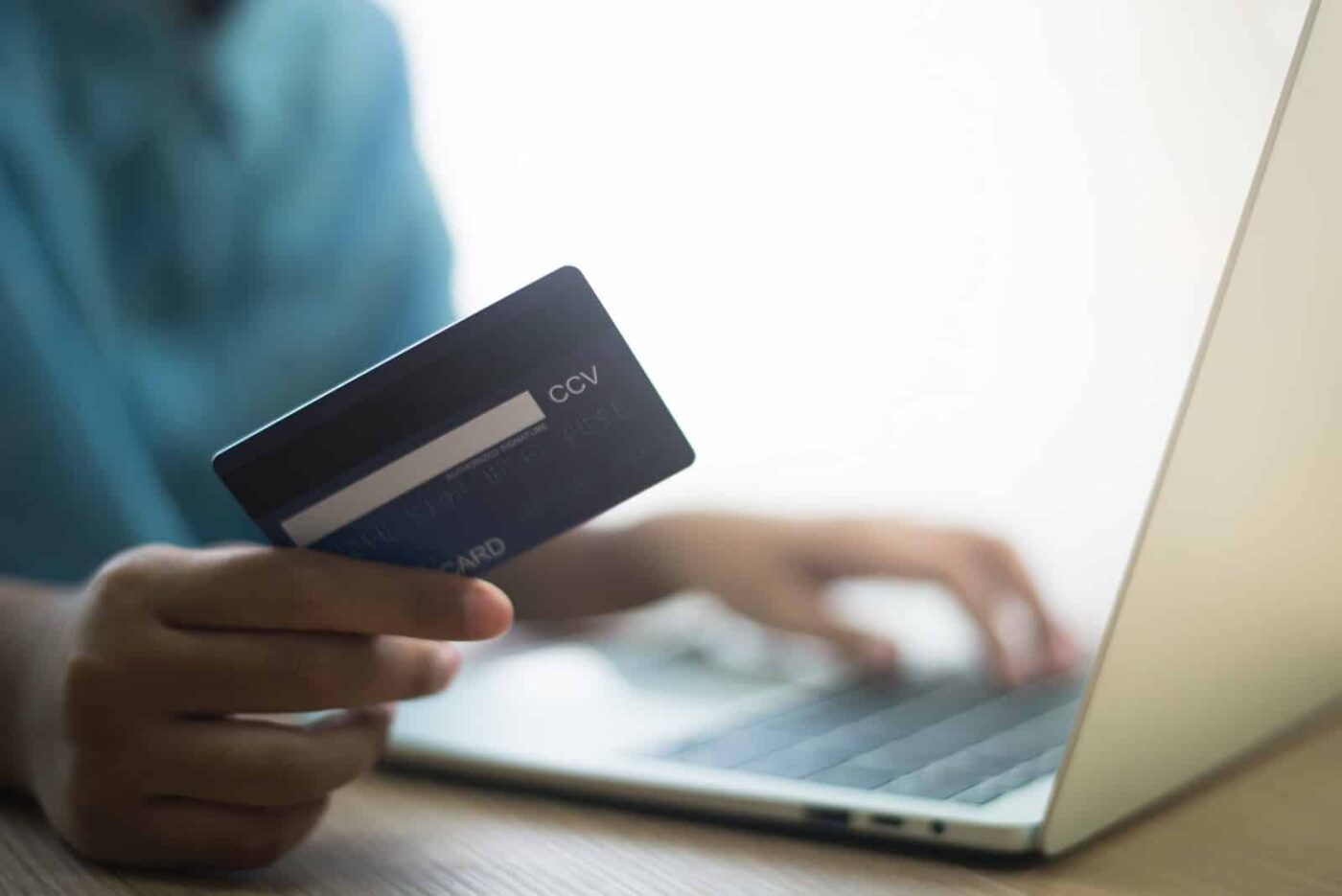 60 Min.
60 Min.
Understand your e-commerce sales, marketing, and cost data to grow more with less stress
Watch Now 50 Min.
50 Min.
Get access to our expert webinar with Quintas to learn about EIIS and debt vs equity funding.
Watch Now 50 Min.
50 Min.
Register for our free, live expert webinar with Des McCarthy, CEO of Microfinance Ireland.
Watch Now 50 Min.
50 Min.
Share options can be a powerful incentive to attract and retain top talent - learn the different options and what's ...
Watch Now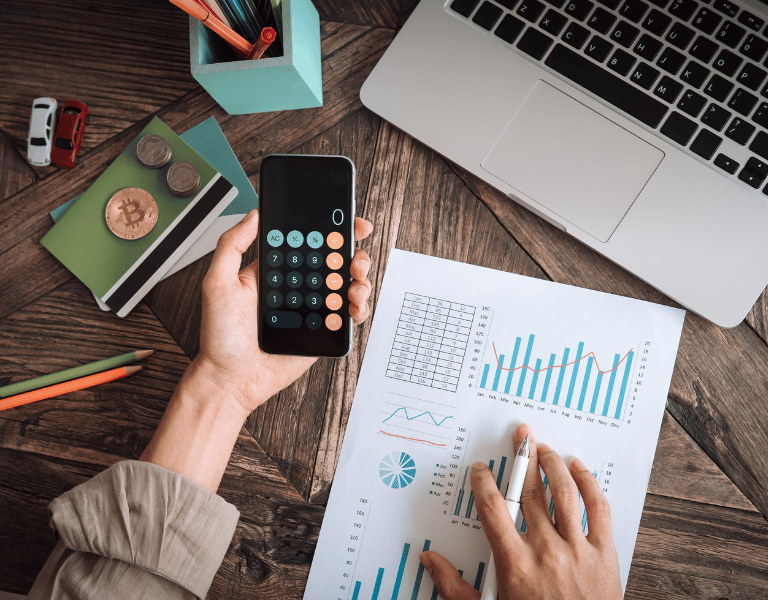 10 Min.
10 Min.
In this video, we share tips that can help you to save on your tax bill and get a larger tax refund.
Watch Now 8 Min.
8 Min.
We show you the ways you can pay yourself in the most tax-efficient way - salary or dividends?
Watch Now 60 Min.
60 Min.
This event is an excellent opportunity for entrepreneurs to understand the legal side of investor funding.
Watch Now 60 Min.
60 Min.
Employing staff? Learn how to manage HR with our free webinar with HR experts, Voltedge.
Watch Now 60 Min.
60 Min.
Watch our free, live webinar with Andy Dixon of Harvest Financial Services.
Watch NowGet instant access to the recording of this webinar with Robert Dickson of Mason Hayes & Curran.
Watch Now 40 Min.
40 Min.
Learn the steps involved and the documentation required when switching banks in Ireland.
Watch Now 60 Min.
60 Min.
Get instant access to the recording of this webinar with Michael McDowell of Seedlegals.
Watch Now 60 Min.
60 Min.
Get instant access to the recording of this webinar with Karl Hutchinson, co-founder of Plugged.ie.
Watch Now 60 Min.
60 Min.
Get instant access to the recording of this webinar with Andrea Manning from CyberPie.
Watch Now 60 Min.
60 Min.
Get instant access to the recording of this webinar with Julian Douglas and Michael Killeen from The CX Academy.
Watch Now 60 Min.
60 Min.
Get instant access to the recording of this webinar with Andy Dixon, from Harvest Financial Services.
Watch Now 60 Min.
60 Min.
Get instant access to the recording of this webinar with Fredericka Sheppard, MD of Voltedge Management.
Watch Now 60 Min.
60 Min.
Get in touch to receive a summary of this Business Growth webinar with Dublin BIC.
Watch Now 60 Min.
60 Min.
Get instant access to the recording of this webinar with Dublin BIC.
Watch Now 60 Min.
60 Min.
Get instant access to the recording of this webinar with Linked Finance.
Watch Now 60 Min.
60 Min.
Part of our free #BusinessGrowth Webinar Series. We're delighted to be joined by Martin Murray, Investment ...
Watch Now 60 Min.
60 Min.
Get instant access to the recording of this webinar with Wallace Corporate Counsel.
Watch Now 60 Min.
60 Min.
Get instant access to the recording of this webinar with Cathal Noone, managing director of RandDTaxCredits.ie.
Watch Now 60 Min.
60 Min.
Get instant access to the recording of this webinar with Mason Hayes & Curran LLP.
Watch Now 60 Min.
60 Min.
Get instant access to the recording of this webinar with Wallace Corporate Counsel.
Watch Now 60 Min.
60 Min.
Get instant access to the recording of this webinar with Wallace Corporate Counsel.
Watch Now 60 Min.
60 Min.
Get in touch to receive a recording of our VAT OSS and VAT IOSS webinar with VAT Technical Manager.
Watch Now 60 Min.
60 Min.
Get instant access to the recording of this webinar with Dee Coakley from Boundless.
Watch Now 60 Min.
60 Min.
Get in touch to receive a recording of this Customs webinar for Irish businesses importing or exporting to the ...
Watch Now 60 Min.
60 Min.
Part of our #BusinessGrowth webinar series. Get in touch to receive a recording of this webinar.
Watch Now 60 Min.
60 Min.
Get instant access to the recording of this webinar with Christopher Burge, CEO of Spark Crowdfunding.
Watch Now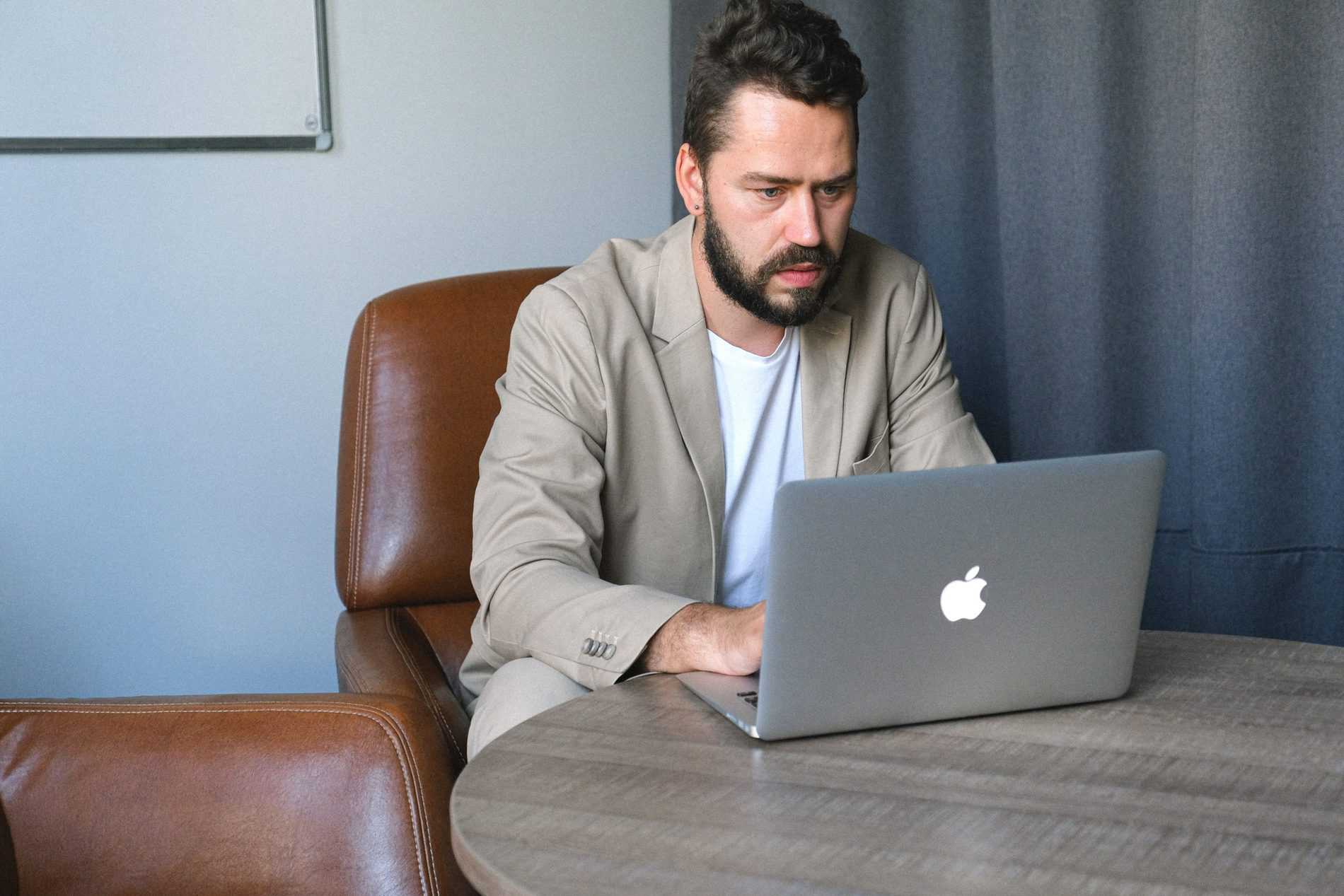 60 Min.
60 Min.
Get instant access to the recording of this webinar with Gerard O’Reilly, Partner at Crowe.
Watch Now 60 Min.
60 Min.
Get in touch to receive a recording of this webinar about how to charge VAT in a post-Brexit world.
Watch Now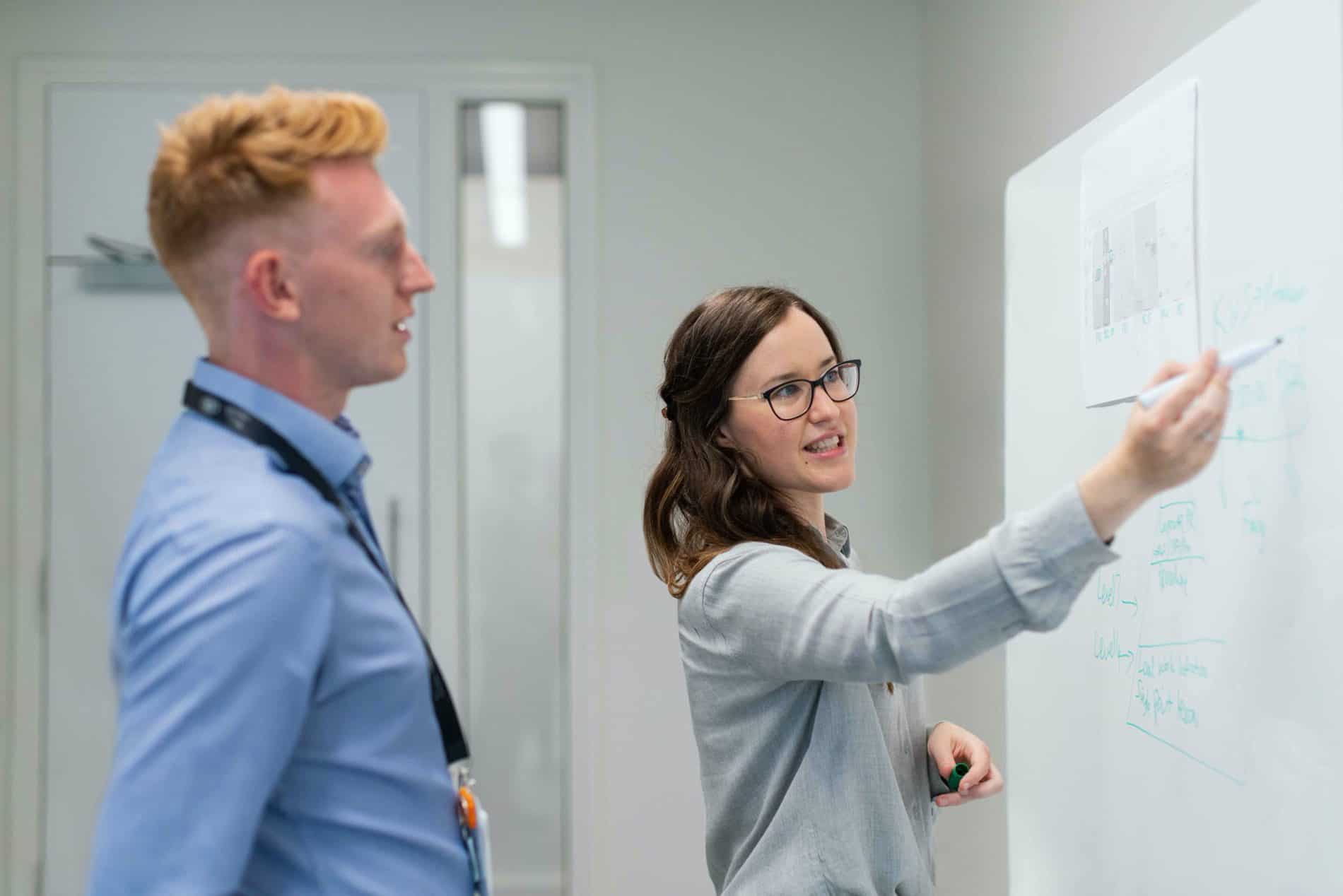 60 Min.
60 Min.
Get in touch to receive a recording of this #BusinessGrowth Webinar with John Brennan, West BIC.
Watch Now 60 Min.
60 Min.
Get in touch to receive a recording of this #BusinessGrowth Webinar with Katie da Gama, Business & Executive Coach.
Watch Now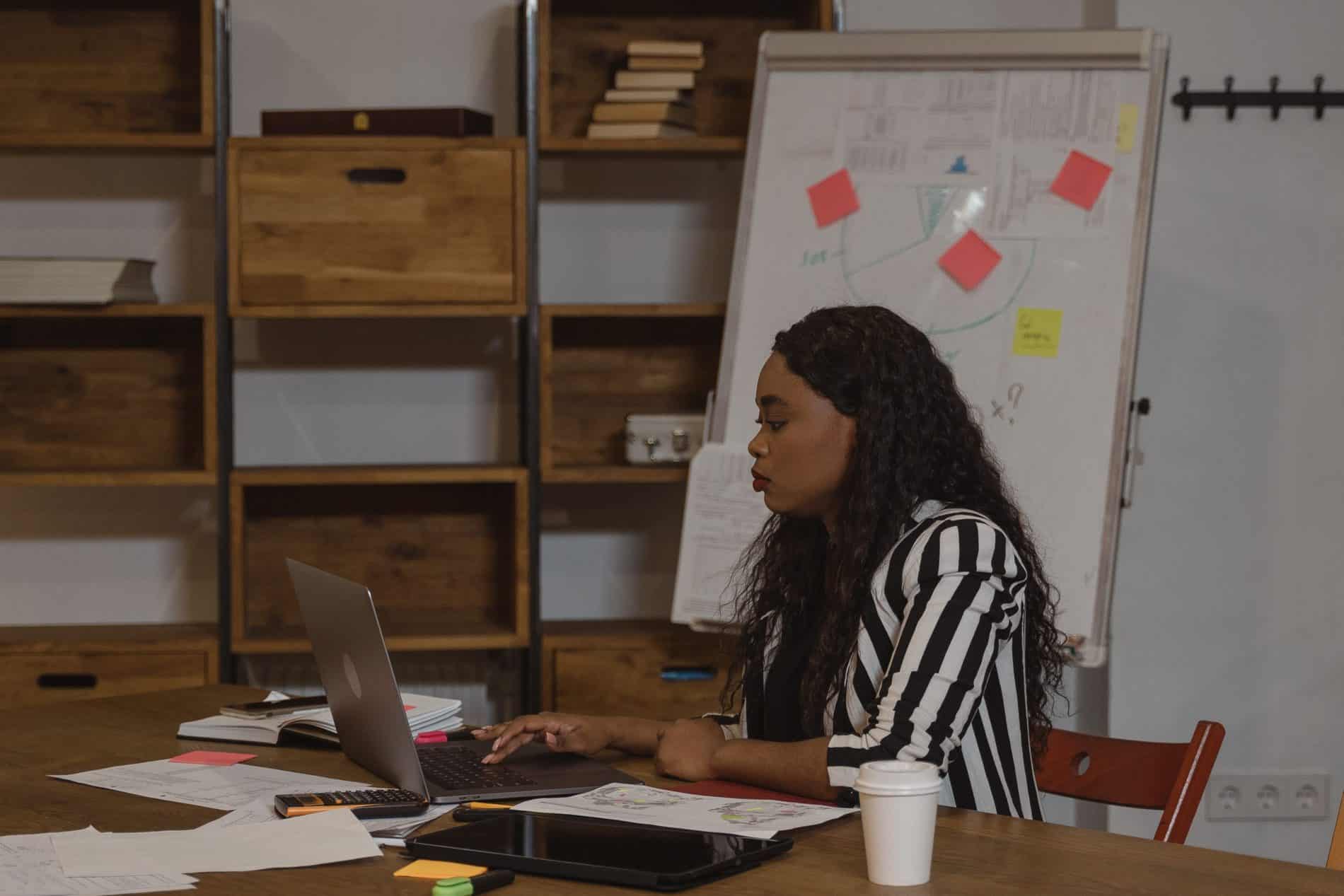 60 Min.
60 Min.
Get in touch to receive a recording of this #BusinessGrowth Webinar with Aisling Healy, Career & Life Coach.
Watch Now 60 Min.
60 Min.
Please get in touch if you would like a recording of this webinar.
Watch Now